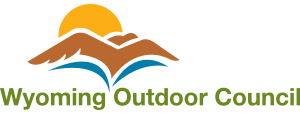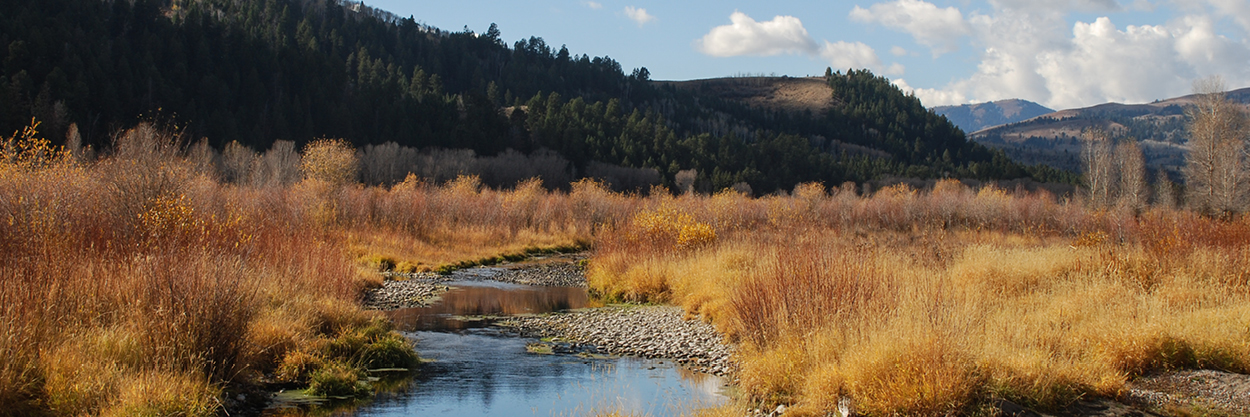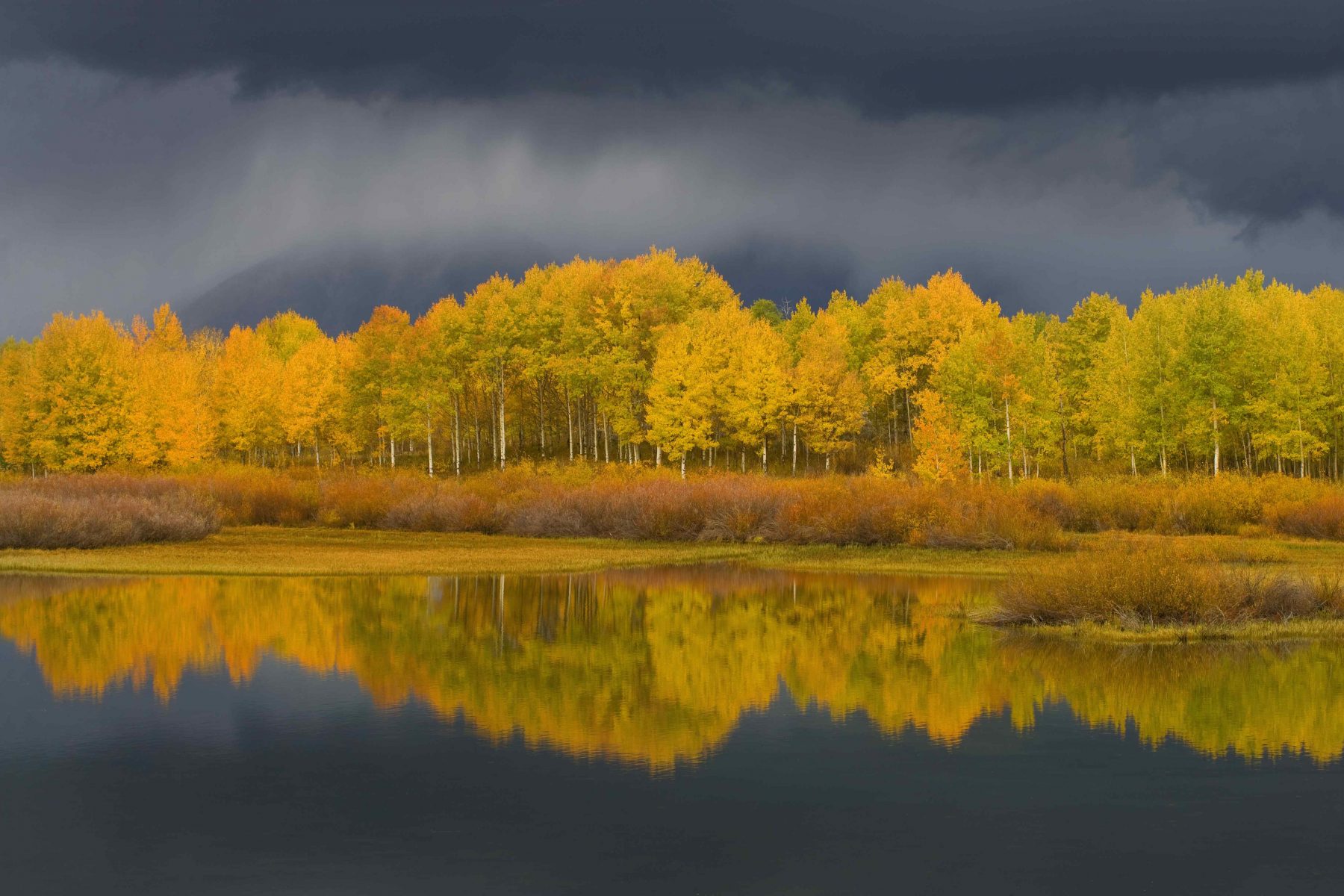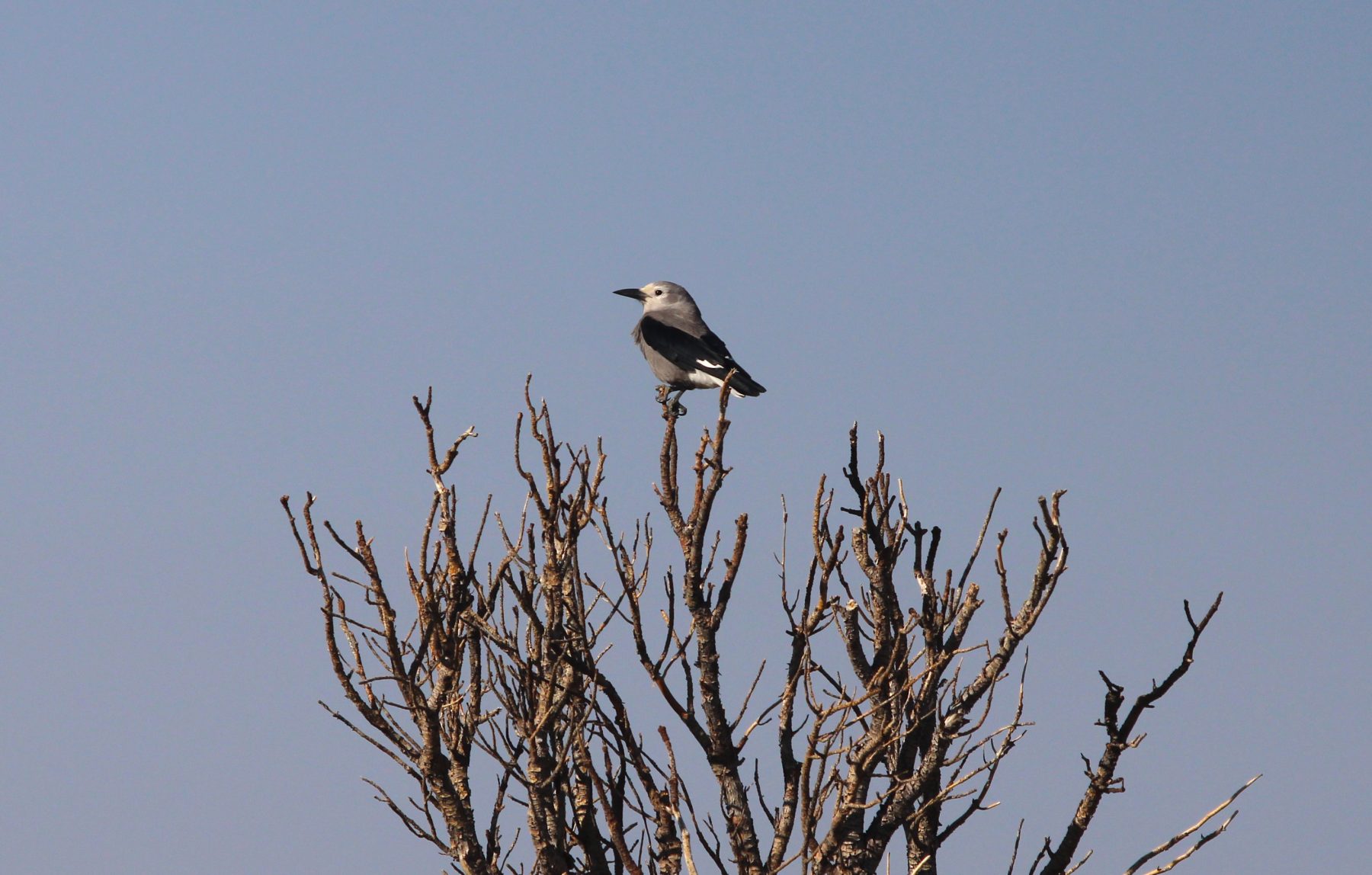PLATTE VALLEY DEER NEED YOUR HELP
On December 11, the Platte Valley mule deer migration corridor working group met for the first time. The seven people appointed to the group — representing agriculture, industry, conservation and recreation — are the first corridor working group established under Gov. Mark Gordon’s migration corridor executive order. Unfortunately, the initial meeting indicated that this group will likely consider removing the Platte Valley migration corridor designation, and weakening protections for this important herd. We’ll be blunt: the governor’s office appears to be prepared to yield ground to a small, loud group of voices that oppose the designation of migration corridors. But we know that many more of you value our big game and support common sense, locally-driven conservation protections.
If the Platte Valley is a special place to you, or if you know the iconic Platte Valley mule deer herd well, we encourage you to reach out to us as soon as possible. As the inaugural working group created under the governor’s order, Platte Valley will set an example for how other corridor working groups will operate in the future. And it’s important that this working group hear that the public supports science-based wildlife management that will help sustain our herds — and local wildlife economies — long into the future.
Mark your calendars for our next Conservation Cafeteria on Wednesday, January 6 — we’ll discuss the Platte Valley working group and all things migration. And if you are passionate about Platte Valley deer, please reach out to Kristen Gunther at kristen@wyomingoutdoorcouncil.org.
HOBACK RV PARK RESIDENTS AT RISK
Early this month the owner of Hoback RV Park informed tenants that they can stay on site through the winter, but their water and septic connections will be cut off after December 31. Residents will have the option to hire a private company to provide septic service to their trailers. This is a slight improvement — longtime residents previously faced eviction at the end of the year — but not a workable solution for all.
The owner, Crowley Capital, faces a number of serious violations of state and county regulations stemming from an inspection of the Teton County property that was requested by the Wyoming Outdoor Council, including liquid sewage seeping up from a failed septic system, disposal of concentrated nitrate waste into an unpermitted sump on the property, discharges exceeding permitted capacity limits, and water treatment equipment that was installed without a permit.
The Wyoming Department of Environmental Quality and the Teton County Commission have the authority to potentially fine the owners hundreds of thousands of dollars for the violations, some of which may date back 20 years and which left residents living in an unsanitary environment. The responsible parties, not their vulnerable tenants, should face the consequences, and the Outdoor Council has encouraged the regulatory agencies to work with the owners on a solution that is considerate of residents’ needs.
If you want to chip in, you can help support residents of the park with a donation through their GoFundMe page. The funds will help tenants pay for alternative septic services or the cost of moving their trailers.
RENEWABLES SITING GROUP BEGINS WORK
The Outdoor Council is taking part in the Wyoming Renewable Energy Siting Collaborative, an effort organized by the University of Wyoming to study issues related to utility-scale wind and solar energy development. Members of the group represent a wide range of interests and will be working together on policy recommendations that would minimize conflicts with wildlife, viewsheds, and other resources.
With sunny skies, plenty of wind, and a skilled workforce, Wyoming has great potential for renewable energy. But like all types of energy development, renewables projects can have unintended consequences if not sited in appropriate locations. A proactive approach to siting will help ensure future development is done right.









